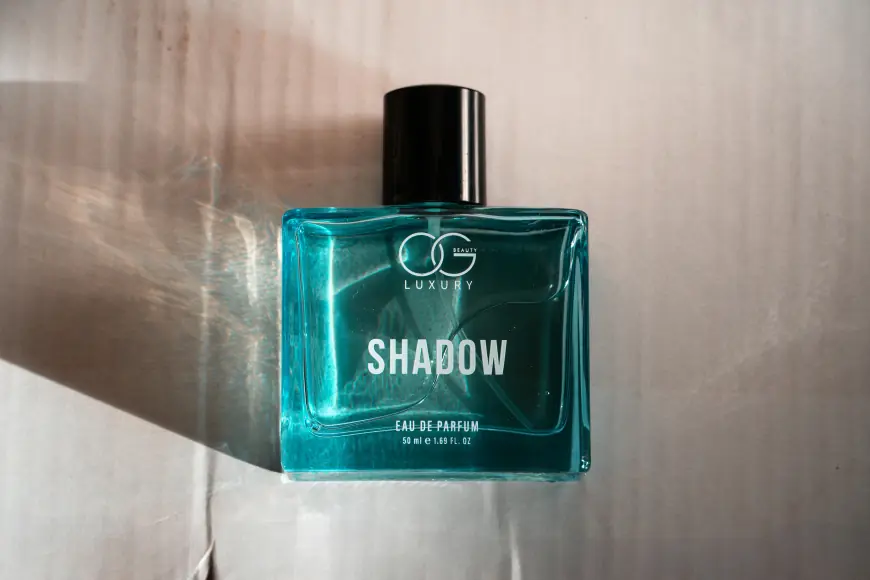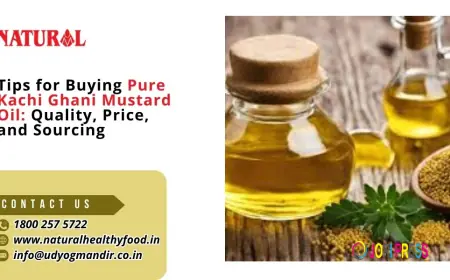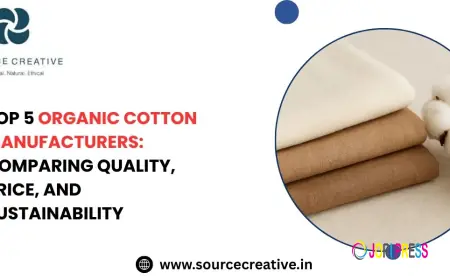Fragrance Oil vs Essential Oil: What’s the Real Difference?
Discover the key differences between fragrance oils and essential oils. Learn how to choose the right one for your skincare, aromatherapy, or perfume needs. Confused between fragrance oil and essential oil? This in-depth guide explains their benefits, uses, and differences. Find out which is best for you—whether it’s for wellness, skincare, or crafting your perfect perfume oil.

In the world of natural wellness, self-care, and beauty, the terms Essential Oils and Perfume Oil are thrown around a lot — sometimes even interchangeably. But if you’ve ever wondered whether these two are the same or vastly different, you’re not alone. Although both are used to scent the body, air, and products, their origins, composition, benefits, and purposes vary significantly.
This article dives deep into the real difference between fragrance oils and essential oils, how each is made, their safety, their uses, and how to decide which one is right for you.
1. What Are Essential Oils?
Essential oils are concentrated plant extracts derived from flowers, leaves, stems, bark, or roots. These oils capture the plant's natural scent and beneficial properties.
? How Are They Made?
The two most common extraction methods are:
-
Steam Distillation: Used for most plants.
-
Cold Pressing: Typically used for citrus oils.
Each essential oil carries the signature aroma and therapeutic benefits of the plant from which it was extracted. For example:
-
Lavender essential oil: Calming and soothing.
-
Peppermint essential oil: Energizing and good for focus.
-
Tea tree oil: Antibacterial and antifungal.
✅ Key Characteristics:
-
100% natural (when pure).
-
Highly concentrated.
-
Used in aromatherapy, skincare, natural medicine, and cleaning products.
-
Must often be diluted with a carrier oil before applying to skin.
2. What Is Perfume Oil?
Perfume oil is a blend of fragrant compounds — either natural or synthetic — mixed in a carrier oil (like jojoba, coconut, or almond oil). Unlike essential oils, the goal of perfume oils is primarily to create a pleasant scent rather than offer therapeutic benefits.
? How Are They Made?
Perfume oils are created in laboratories by:
-
Combining aromatic compounds, which may be natural (essential oils) or synthetic.
-
Mixing them into a carrier oil to make them skin-safe and long-lasting.
Many luxury and niche fragrance brands create oil-based versions of their perfumes, as these can be more skin-friendly and longer lasting.
✅ Key Characteristics:
-
Scent can be synthetic, natural, or both.
-
Primarily used for fragrance and personal scenting.
-
Often longer-lasting than alcohol-based perfumes.
-
Applied directly to pulse points.
3. Composition: Nature vs Artistry
| Aspect | Essential Oil | Perfume Oil |
|---|---|---|
| Source | Natural plant material | Natural or synthetic (or both) |
| Purpose | Therapeutic, healing, aromatic | Fragrance-focused |
| Scent Complexity | Usually one-note (e.g., lavender) | Can be multi-layered (top, middle, base) |
| Longevity | Fades quickly unless diluted/carried | Long-lasting on the skin |
| Skin Safety | Needs dilution | Usually pre-diluted and skin-safe |
4. Usage Comparison
? Essential Oils Are Used For:
-
Aromatherapy: Relaxation, focus, stress relief.
-
Skincare & Haircare: Acne treatment, dandruff control.
-
Natural Remedies: Headache relief, cold & flu symptoms.
-
Cleaning Products: Antibacterial surface sprays.
? Perfume Oils Are Used For:
-
Personal Fragrance: Applied to wrists, neck, etc.
-
Cosmetics: Lip balms, body oils, lotions.
-
Layering Scents: Combined with other perfumes to enhance depth.
5. Scent Longevity and Strength
One of the major distinctions between essential oils and perfume oil is how long the scent lasts.
-
Essential oils: The scent is typically lighter and fades faster. They evaporate quickly unless blended with fixatives or base oils.
-
Perfume oils: Designed to last much longer. Because they’re oil-based, they stick to the skin and release scent slowly over hours.
This makes perfume oil a great option for those looking for lasting fragrance without the overpowering alcohol burst typical of spray perfumes.
6. Safety and Skin Sensitivity
?️ Essential Oils:
-
Potent and need to be diluted.
-
Can cause irritation, especially on sensitive skin.
-
Not always safe for pregnant women, children, or pets.
-
Always do a patch test and follow dilution guidelines.
? Perfume Oils:
-
Generally safer for skin, especially if formulated with hypoallergenic ingredients.
-
Still check for synthetic irritants if you have allergies.
-
Best for direct-to-skin application without irritation.
7. Price and Availability
-
Essential Oils are usually more expensive, especially for rare oils like rose, sandalwood, or neroli due to labor-intensive extraction.
-
Perfume Oils can range in price, but more affordable options exist, especially in the best perfume online store markets, where independent perfumers create high-quality scents under $30.
8. Environmental Impact
-
Essential oils, though natural, require large quantities of plant material. For instance, it takes about 10,000 roses to make just one ounce of rose essential oil.
-
Perfume oils, especially those made with synthetic molecules, are often more sustainable because they don’t rely on mass harvesting of plants.
So, if you’re eco-conscious, a well-made synthetic perfume oil could be the greener choice — depending on the ingredients and sourcing.
9. Popular Examples of Each
? Popular Essential Oils:
-
Lavender – relaxation & sleep
-
Lemon – uplifting & cleansing
-
Eucalyptus – respiratory support
-
Frankincense – meditation & skin renewal
? Popular Perfume Oils:
-
Nemat Amber Perfume Oil – warm, unisex amber notes
-
Egyptian Musk Perfume Oil – clean, subtle, and sensual
-
Vanilla Musk Oil – sweet and cozy
-
Sandalwood Perfume Oil – woody and spiritual
These options are easily found at top-rated perfume oil shops and the best perfume online stores across the world.
10. Which One Should You Choose?
? Choose Essential Oils if:
-
You're into aromatherapy or natural remedies.
-
You want to use oils in diffusers, DIY skincare, or cleaning products.
-
You're seeking therapeutic effects beyond scent.
? Choose Perfume Oils if:
-
You want a long-lasting fragrance for daily wear.
-
You have sensitive skin and want alcohol-free options.
-
You love luxury and complexity in your scents.
Some people even combine both! You can use essential oils for mood-boosting purposes and wear a perfume oil for its elegant scent.
? Bonus Tip: Can You Make Your Own Perfume Oil?
Yes! Making DIY perfume oil is easy and customizable:
-
Choose a base oil (jojoba or sweet almond).
-
Add essential oils for scent.
-
Top notes: citrus, mint
-
Middle notes: rose, lavender
-
Base notes: sandalwood, vanilla
-
-
Blend and store in a dark glass bottle.
This allows you to create a natural, personalized scent with the benefits of essential oils and the longevity of perfume oils.
Conclusion
While they both smell wonderful and come in tiny bottles, Essential Oils and Perfume Oils are not the same. One is nature’s concentrated plant power, the other a carefully crafted fragrance experience.
Whether you lean towards the therapeutic benefits of essential oils or the long-lasting allure of perfume oil, understanding the difference empowers you to make smarter, safer, and more enjoyable choices. From relaxing with lavender in your diffuser to applying a drop of musk perfume before heading out, each has its own beauty and purpose.
When in doubt, shop smart — especially from the best perfume online store platforms that offer quality, transparency, and variety. And if you’re exploring the world of scents, Talk Fragrance with fellow enthusiasts, because your scent journey is only just beginning.
What's Your Reaction?
 Like
0
Like
0
 Dislike
0
Dislike
0
 Love
0
Love
0
 Funny
0
Funny
0
 Angry
0
Angry
0
 Sad
0
Sad
0
 Wow
0
Wow
0




















































